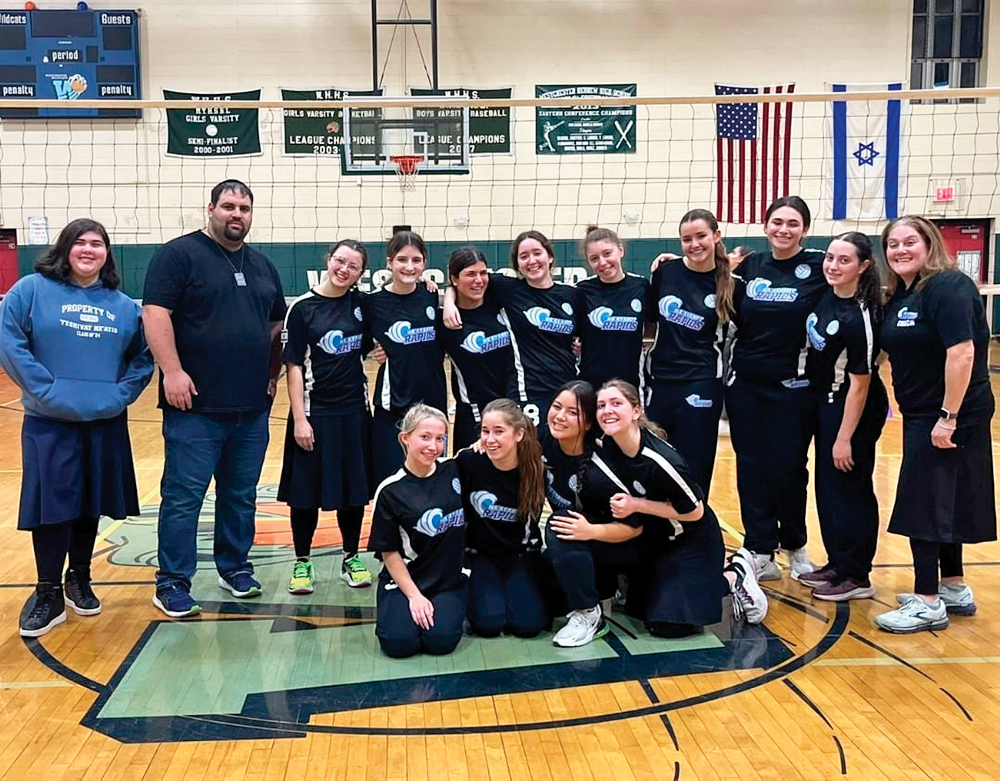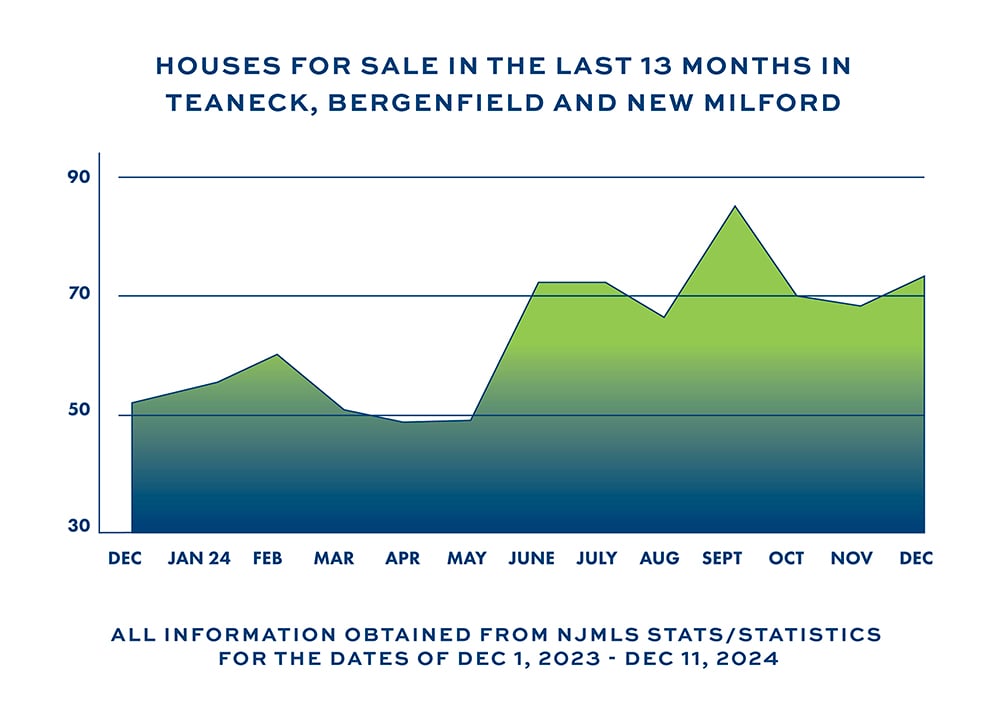We are about to celebrate Pesach, the holiday that Chazal define as Zeman Cheiruteinu—the Season of our Freedom. From even a quick perusal of the Exodus narrative in Shemot, one can quickly discern that Bnei Yisrael were freed from the bondage of physical slavery in Egypt. Perhaps less obvious, but perhaps far more important, was their freedom from the psychological and emotional bondage that had existed by growing up with a “slave mentality.” In order for us to receive the Torah and to benefit from a Torah-values infused life, we first need to be mature, adult, independent thinkers and doers. These characteristics enable one to view, learn, internalize and embrace a life of thought, kindness and meaning. This is very much part of the freedom that we celebrate on Pesach and leads us to the celebration of receiving the Torah on Shavuot.
It is very tempting to think that the issue of psychological and emotional bondage is an ancient one—something that we, today, generally do not confront—certainly not on any kind of grand scale. But, I believe, that notion—tempting as it is—is not accurate. The recent promotion of a new book caught my eye, and I ordered the book on its first day of publication. The Anxious Generation: How the Great Rewiring of Childhood is Causing an Epidemic of Mental Illness, by Jonathan Haidt, arrived the next day, and I wound up reading it all in one sitting. Dr. Haidt outlines, in painstaking detail involving thorough data-based research, how the use—or misuse—of various tech devices and social media has dramatically affected the childhood of what is commonly referred to as Gen Z. I would be doing a gross injustice to Dr. Haidt’s research and conclusions by attempting to summarize them in this short article. I will say just that the childhood of those under the study has been dramatically affected in a way that strongly establishes and promotes a sense of psychological and emotional bondage—a regression to the very areas from which we aspire to be free, a freedom that we celebrate on Pesach.
After delineating the data in a meticulously organized presentation, Dr. Haidt presents four “foundational reforms” which he argues would be integral to a healthier childhood in our digital age. They are: [1] no smartphones before high school, [2] no social media before age 16, [3] phone-free schools, and [4] more opportunities for childhood independence.
While the implementation of these four reforms are extremely easy in the sense that they do not cost anything and they do not depend upon any legislative reform, I am well aware that they are extremely difficult in the sense that they do depend upon steadfast adherence to behaviors that go against current societal trends and influences. And yet… there are two main “gatekeepers” of childhood—parents and educators. If we, as a community, get together and recognize the issues and the problems, and we affirm that the solution is well within our hands, we can dramatically help to raise healthier, more confident, more “free” children, in the very spirit of Zeman Cheiruteinu.
I urge the “gatekeepers”—parents and teachers—to go through Dr. Haidt’s just-published book. I urge us all to think carefully about what’s at stake here. I urge us all to have the courage to plan and to do that which will help to ensure, B’ezrat HaShem, the wonderful future of our children. And this Pesach, as we sit down to celebrate our freedom, let us remember our responsibility for the freedom of the very young charges with whom we share the timeless and timely story of Yetziat Mitzrayim and Kabbalat HaTorah.
Chag Kasher VeSameach!
Rabbi Saul Zucker is head of school at Ben Porat Yosef.












